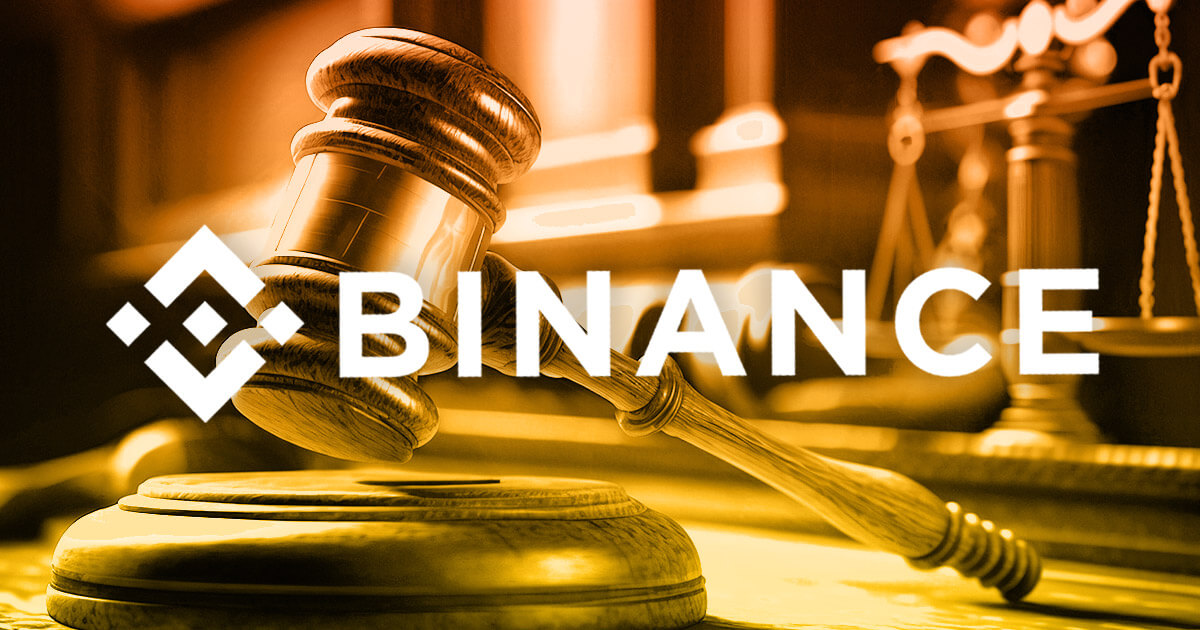
Crypto exchange Binance has agreed to pay Brazilian regulators $1.76 million to settle allegations of unlicensed derivatives trading in the country.
The settlement with the Comissão de Valores Mobiliários (CVM), Brazil’s securities regulator, marks the end of a year-long investigation into Binance’s activities in the country.
Crackdown
This crackdown began in July 2020, when the CVM ordered Binance to cease its illicit activities in Brazil and threatened the company with a daily fine of 1,000 reais for non-compliance.
Despite this, Binance continued to operate, prompting further action from the CVM. The regulator accused the exchange of operating without proper authorization, especially regarding derivatives trading, which has become increasingly popular in Brazil’s fast-growing crypto market.
Binance attempted to resolve the issue with a $370,000 settlement offer in August 2023. However, the CVM’s Specialized Federal Attorney’s Office (PFE-CVM) identified a legal obstacle to the agreement, citing insufficient evidence that the alleged violations had ceased.
The CVM Settlement Committee (CTC) further noted the seriousness of the alleged violations, including possible interference with regulatory oversight, and recommended that the proposal be rejected.
The CVM subsequently rejected the offer and insisted on a heavier fine. The regulator offered the exchange a new settlement proposal later in February.
Increasing cryptocurrency adoption
Brazil’s economic challenges, including high inflation and a weakening currency, have led to a surge in cryptocurrency adoption. In response to financial instability, Brazilians have turned to digital assets as a hedge against the falling value of the local fiat currency.
By 2021, approximately 8% of Brazil’s population had invested in cryptocurrencies, placing the country 14th globally in crypto adoption.
The Brazilian government has not been idle in the face of this growing trend. In 2020, the introduction of the Pix payment system, a real-time digital financial platform, further accelerated the adoption of cryptocurrencies by making digital transactions more accessible and common.
Despite regulatory challenges, local crypto exchanges have flourished. The increase in digital literacy and increasing familiarity with digital finance have positioned crypto as a viable alternative investment for many Brazilians.

